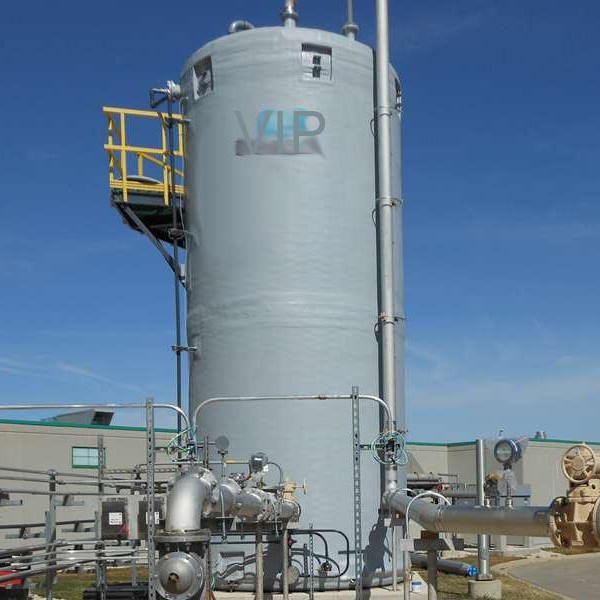
-
 Afrikaans
Afrikaans -
 Albanian
Albanian -
 Amharic
Amharic -
 Arabic
Arabic -
 Armenian
Armenian -
 Azerbaijani
Azerbaijani -
 Basque
Basque -
 Belarusian
Belarusian -
 Bengali
Bengali -
 Bosnian
Bosnian -
 Bulgarian
Bulgarian -
 Catalan
Catalan -
 Cebuano
Cebuano -
 China
China -
 China (Taiwan)
China (Taiwan) -
 Corsican
Corsican -
 Croatian
Croatian -
 Czech
Czech -
 Danish
Danish -
 Dutch
Dutch -
 English
English -
 Esperanto
Esperanto -
 Estonian
Estonian -
 Finnish
Finnish -
 French
French -
 Frisian
Frisian -
 Galician
Galician -
 Georgian
Georgian -
 German
German -
 Greek
Greek -
 Gujarati
Gujarati -
 Haitian Creole
Haitian Creole -
 hausa
hausa -
 hawaiian
hawaiian -
 Hebrew
Hebrew -
 Hindi
Hindi -
 Miao
Miao -
 Hungarian
Hungarian -
 Icelandic
Icelandic -
 igbo
igbo -
 Indonesian
Indonesian -
 irish
irish -
 Italian
Italian -
 Japanese
Japanese -
 Javanese
Javanese -
 Kannada
Kannada -
 kazakh
kazakh -
 Khmer
Khmer -
 Rwandese
Rwandese -
 Korean
Korean -
 Kurdish
Kurdish -
 Kyrgyz
Kyrgyz -
 Lao
Lao -
 Latin
Latin -
 Latvian
Latvian -
 Lithuanian
Lithuanian -
 Luxembourgish
Luxembourgish -
 Macedonian
Macedonian -
 Malgashi
Malgashi -
 Malay
Malay -
 Malayalam
Malayalam -
 Maltese
Maltese -
 Maori
Maori -
 Marathi
Marathi -
 Mongolian
Mongolian -
 Myanmar
Myanmar -
 Nepali
Nepali -
 Norwegian
Norwegian -
 Norwegian
Norwegian -
 Occitan
Occitan -
 Pashto
Pashto -
 Persian
Persian -
 Polish
Polish -
 Portuguese
Portuguese -
 Punjabi
Punjabi -
 Romanian
Romanian -
 Russian
Russian -
 Samoan
Samoan -
 Scottish Gaelic
Scottish Gaelic -
 Serbian
Serbian -
 Sesotho
Sesotho -
 Shona
Shona -
 Sindhi
Sindhi -
 Sinhala
Sinhala -
 Slovak
Slovak -
 Slovenian
Slovenian -
 Somali
Somali -
 Spanish
Spanish -
 Sundanese
Sundanese -
 Swahili
Swahili -
 Swedish
Swedish -
 Tagalog
Tagalog -
 Tajik
Tajik -
 Tamil
Tamil -
 Tatar
Tatar -
 Telugu
Telugu -
 Thai
Thai -
 Turkish
Turkish -
 Turkmen
Turkmen -
 Ukrainian
Ukrainian -
 Urdu
Urdu -
 Uighur
Uighur -
 Uzbek
Uzbek -
 Vietnamese
Vietnamese -
 Welsh
Welsh -
 Bantu
Bantu -
 Yiddish
Yiddish -
 Yoruba
Yoruba -
 Zulu
Zulu
fiberglass food grade equipment a closer look at its features and
A Closer Look at Fiberglass Food Grade Equipment Features and Benefits
In today’s food production and processing industries, the choice of materials for equipment is crucial for ensuring safety, efficiency, and quality. Among the various materials used, fiberglass has emerged as a popular option, particularly in the manufacturing of food grade equipment. This article delves into the features and benefits of fiberglass food grade equipment, highlighting its importance in maintaining food safety and operational efficacy.
What is Fiberglass?
Fiberglass is a composite material made from thin strands of glass that are woven together and combined with a resin, typically polyester or epoxy. This combination results in a lightweight, durable, and resilient material that is resistant to degradation from chemicals and environmental factors.
Safety and Compliance
Food safety is paramount in the processing and packaging of food products. Fiberglass food grade equipment is constructed to meet stringent health and safety standards established by organizations such as the FDA (U.S. Food and Drug Administration) and NSF International (National Sanitation Foundation). This compliance ensures that the materials do not leach harmful substances into food, making them safe for direct contact with edibles. The smooth, non-porous surface of fiberglass also minimizes bacterial growth, reducing the risk of contamination.
Durability and Longevity
One of the standout features of fiberglass is its durability. Unlike metal or plastic, fiberglass does not corrode or rust over time, even in humid or acidic environments typical of food processing. This longevity translates into lower maintenance costs and less frequent replacements, making it a more economical choice in the long run. The material is also resistant to impacts, which is essential in busy production environments where equipment may endure heavy use.
Lightweight and Versatile
fiberglass food grade equipment a closer look at its features and

The lightweight nature of fiberglass makes it easy to handle and install. This attribute is particularly beneficial in facilities where mobility and flexibility are key to operational efficiency. Fiberglass equipment can be manufactured in various shapes and sizes, allowing businesses to customize solutions that best fit their needs. Whether it’s tanks, conveyor systems, or storage solutions, fiberglass can be tailored to meet specific operational demands.
Thermal Resistance
In addition to its mechanical properties, fiberglass exhibits excellent thermal resistance. This characteristic is crucial in food processing applications where equipment may be exposed to extreme temperatures, whether in cooking or cooling processes. Fiberglass can withstand these conditions without losing its structural integrity, making it suitable for a diverse range of applications, from food storage to heat exchangers.
Cost-Effectiveness
While the initial investment for fiberglass food grade equipment may be higher than some alternatives, the overall cost-effectiveness becomes apparent through reduced maintenance and replacement costs. Furthermore, the durability and resistance to rust and corrosion lead to lower long-term expenses, allowing companies to allocate resources elsewhere. This value proposition is especially relevant for small to medium-sized enterprises seeking budget-friendly yet reliable equipment.
A Sustainable Choice
With an increasing focus on sustainability, fiberglass also offers an environmentally friendly solution. Many manufacturers are now producing fiberglass using recycled materials, reducing waste and energy consumption during production. Moreover, the longevity of fiberglass equipment minimizes the environmental impact associated with frequent replacements and disposals, aligning with a growing emphasis on sustainable practices in the food industry.
Conclusion
In conclusion, fiberglass food grade equipment presents a compelling choice for businesses in the food processing and handling sectors. Its unique combination of safety, durability, versatility, and cost-effectiveness makes it an ideal material for a variety of applications. As the food industry continues to evolve, the adoption of innovative materials like fiberglass will remain essential in ensuring that businesses can meet both quality standards and operational demands, all while prioritizing safety and sustainability. As such, investing in fiberglass equipment is not just a smart decision for today, but also a forward-thinking strategy for the future.









